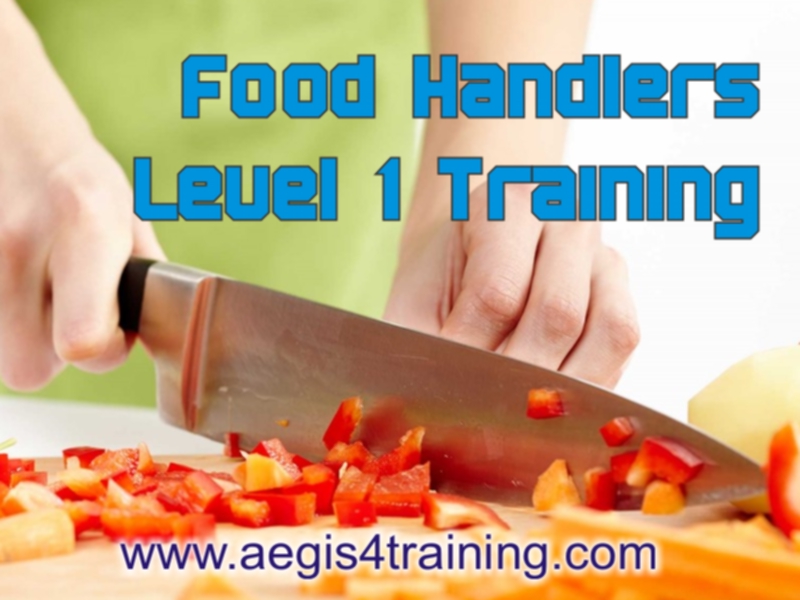Food handlers level 1 training
Food business owners are mandated by law, to make sure that food handlers will have appropriate supervision and instruction/training in food hygiene in line with their work activity and should enable them to handle food safely.
If you are responsible for developing and maintaining a business’s food safety management procedures, you must have received adequate training to enable you to do this.
In UK, food handlers don’t have to hold a food hygiene certificate to prepare or sell food, although many food businesses will prefer that they do. The necessary skills may be obtained through on-the-job training, self-study or relevant prior experience.
Level 1 Food Hygiene and Safety course is designed as an introduction to food safety in order to give people who work alongside low-risk food with a basic knowledge of general food safety controls and procedures.
The course is solely for staff who do not have a direct role in preparing or handling food but who need to have a basic knowledge of food hygiene in order to ensure that they are able to work safely.
This is for workers who are not involved in the preparation or handling of high-risk food, or who only handle wrapped or pre-packaged food. This includes, but is not limited to:
- Waiter in a restaurants
- Front of house employees
- Checkout staff
- Bar workers
- Kitchen porters.
If your task involves directly handling or preparing high-risk foods, then you will need to take our Level 2 Food Hygiene and Safety course in order to comply with food handlers’ legal obligations.
UK food hygiene certificates don’t have an expiry date. It is left to the discretion of the food business owner or environmental health officer to decide whether a refresher course is needed. This may be a result of changes to legislation or technological developments in food hygiene.
Upon the completion of the course you will be given a quality assured certificate through the post the next working day. This can be used to provide evidence for compliance and audit.
All of our courses are accredited by the CPD Certification Service as conforming to universally accepted Continuous Professional Development (CPD) guidelines.
This course is also accredited by RoSPA, the Royal Society for the Prevention of Accidents, as providing quality and content-approved training.

